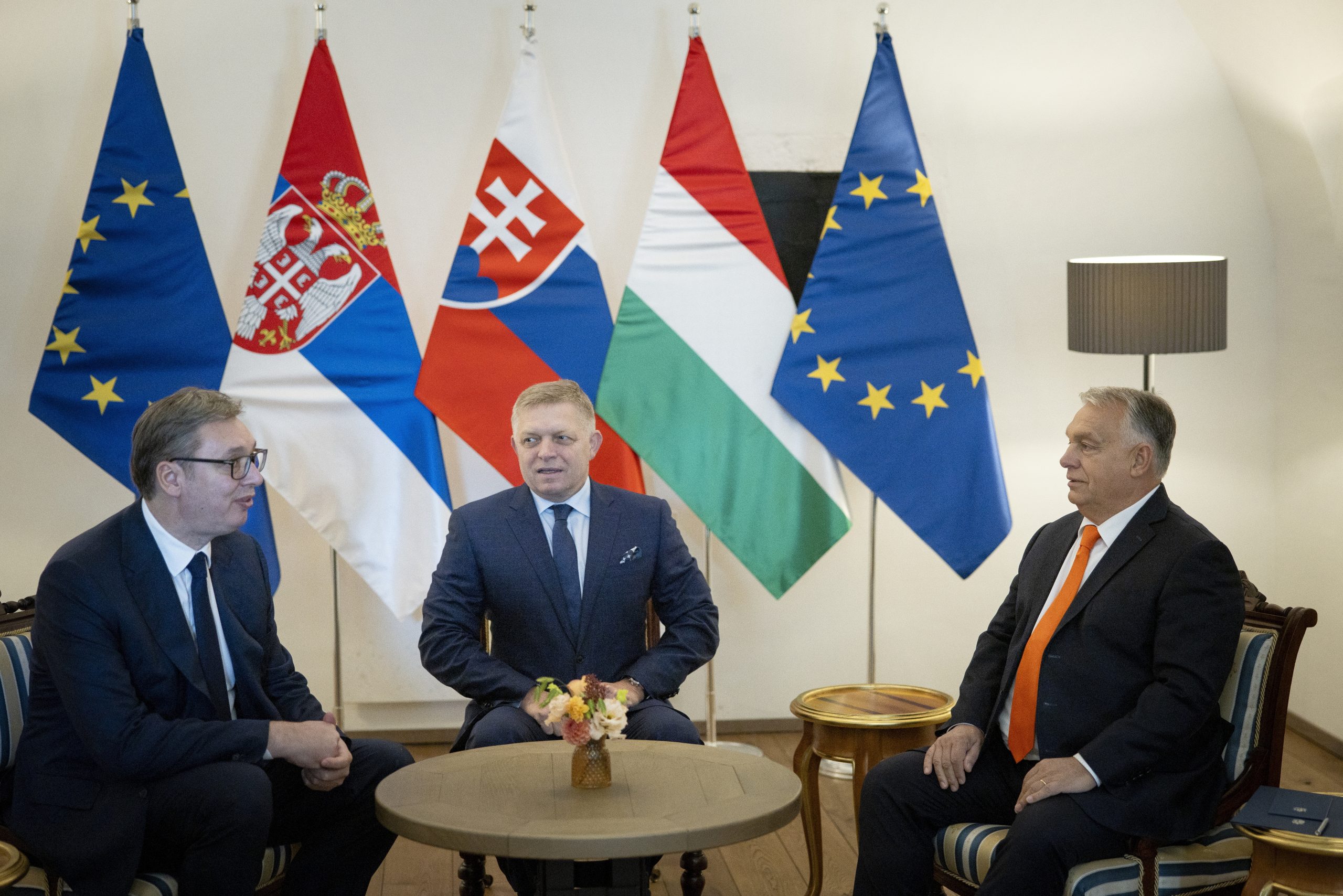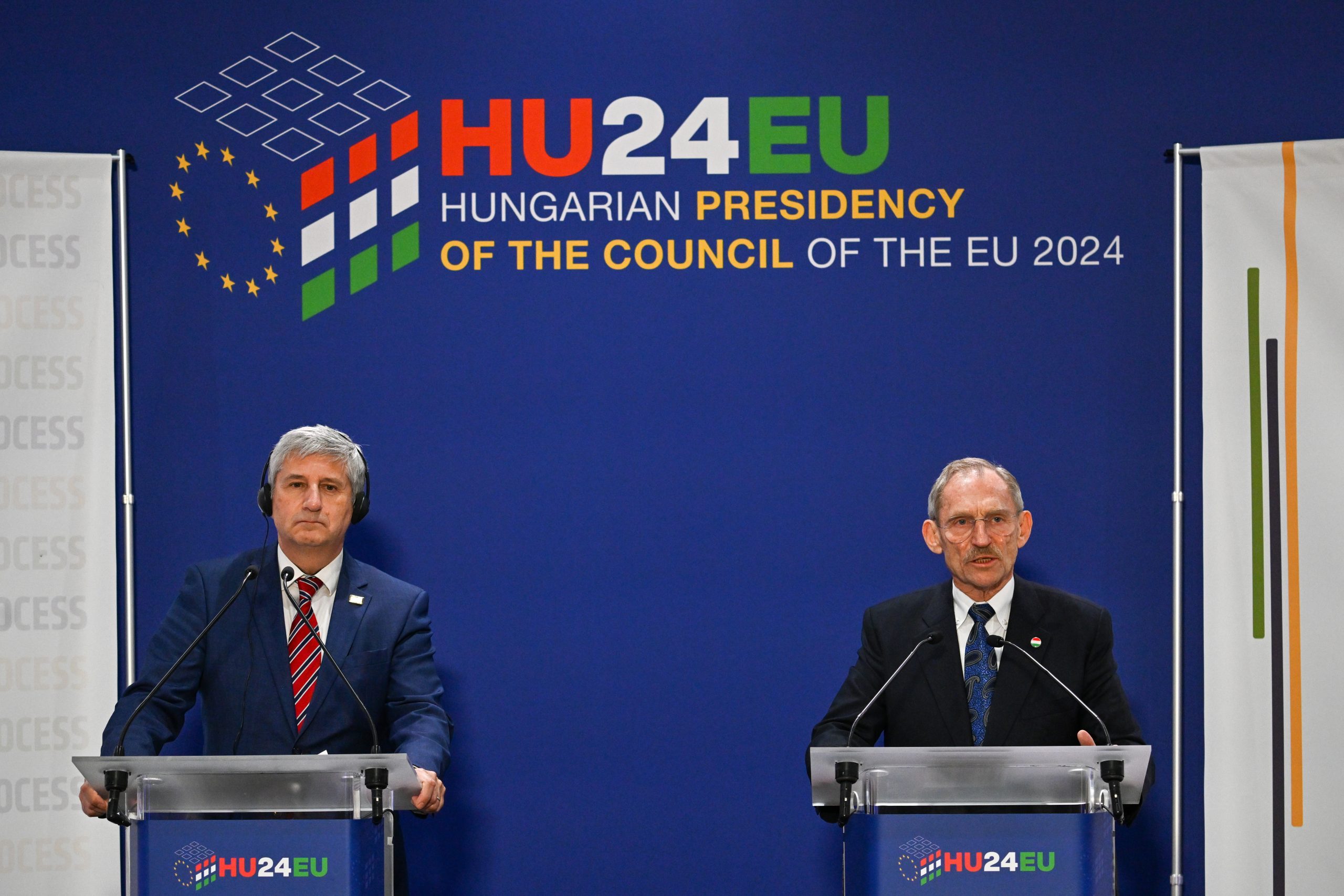
The politicians also adopted a joint declaration with conclusions.Continue reading

The essence of the Budapest Process is cooperation and dialogue in the field of migration, stressed Minister of Interior Sándor Pintér at a press conference following the 7th Ministerial Conference of the Budapest Process in Budapest on Tuesday.
Sándor Pintér said that the Budapest Process was launched in Budapest in 1993, adding that with the establishment of the Turkish Presidency and the involvement of the Silk Road countries, more than 50 countries are now engaged in dialogue on illegal migration.
At present, the Budapest Process is focused on finalizing the implementation of the Call for Action, a five year plan (2019-2024). The negotiations around the texts adopted at the 7th Ministerial Conference on November 11-12, 2024, started in 2023.
Sándor Pintér explained that
it had taken a year of work to adopt a joint ministerial declaration and a joint recognition of the corresponding call for action. The call includes the steps to be taken at the borders and in the care of refugees for the next five years.
The Hungarian Interior Minister noted that the area of migration also includes illegal migration, people smuggling, besides legal migration supporting economies in an appropriate way.
Summing up the priorities, Pintér underlined that cooperation remains the main objective. “Cooperation in the fight against illegal migration and people smuggling, and cooperation to ensure mobility so that the economies of each EU and Silk Road country can develop properly and provide the right labor force for those countries that need it and those that want it.”
The politician said
they had also decided to analyze the reasons for forced emigration.
Among the obvious reasons, he mentioned war situations and climate change. He also identified the proper integration of refugees in the host country as a common task.
Michael Spindelegger, Director General of the International Centre for Migration Policy Development (ICMPD), explained that the ministerial declaration is about where migration stands today and the call for action is an action plan for the next five years.
We need to know what the way ahead is, how we need to work together in the future and what different projects can be developed in six different areas to achieve these goals,”
he emphasized. Mr. Spindelegger called it a success that even though the countries involved in this process have different interests, they have managed to find common ground over the past year.
Via MTI, Featured image: MTI/Illyés Tibor